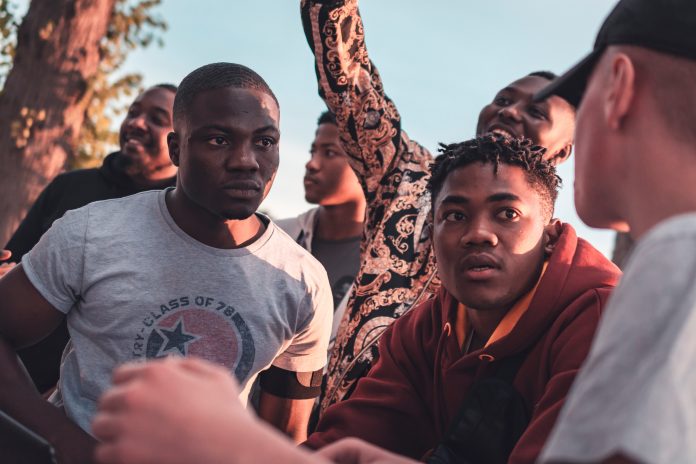
SHARI WILLS-PHILLIPS
Why is it so difficult to interest teens in Catholic social teaching? In my 25 years as a religious educator, youth minister, campus minister, and high school theology instructor, I have grappled with this issue. Why do such important teachings often fall by the wayside? How do we make teens see their very real obligations to our brothers and sisters and the planet?
Lasting Impacts
For many of us, we find out early that lessons with the most impact are those coupled with hands-on activities. Students learn well with music, videos, and projects using small-group discussions and PowerPoint presentations. It is education through entertainment. Even so, something is missing.
Students still tune out. I can present the importance of the papal encyclical Rerum Novarum and its lessons regarding labor and the poor (and I have), but does it have a lasting impact? Will students remember the encyclical and its themes by the end of the semester?
How do we create a learning model that is informative and interactive?
Creating Connections
For the past ten years I have taught a social justice course to high school seniors. In an effort to engage them, I developed an experience-based course using ideas gleaned from many other sources and publications. I have students live each topic discussed.
Discrimination: Each student represents a marginalized group experiencing discrimination and wears an identifying sign signifying that group. Students are given a list of rules—do’s and don’ts for those experiencing discrimination—and the faculty and staff enter into the experience. For example, students experience discrimination by not being allowed certain rights, privileges, and conveniences and by having to sit together in a designated section of the cafeteria. The day includes lessons on types of prejudice, what we can do to combat prejudice, and where prejudice exists.
Homelessness: Student are “evicted” from their lockers for the day; they have to carry all their belongings in donated garbage bags.
Health issues: When studying marginalized groups, the students spend a day dealing with health issues, especially those associated with aging. They experience impaired hearing (cotton balls), impaired vision (plastic wrap on glasses), and impaired mobility (popcorn kernels in shoes).
What are the results from these experiences and others like them? A personal connection with the vulnerable of society that helps them remember the lesson long after the class is over.
Perhaps a former student said it best: “You really don’t know how some people live until you are in their shoes. It almost brings me to tears to know how some people are treated. These experiences are life-changing.”
Shari Wills-Phillips holds a Bachelor of Arts degree in religious education from St. Mary’s College, Orchard Lake, MI. She is certified as a level three catechist and youth minister in the Archdiocese of Detroit and teaches theology at Notre Dame Preparatory, Pontiac, MI.
This article was originally published in Catechist magazine, August 2010.
Photo by Alexandre Debiève on Unsplash




